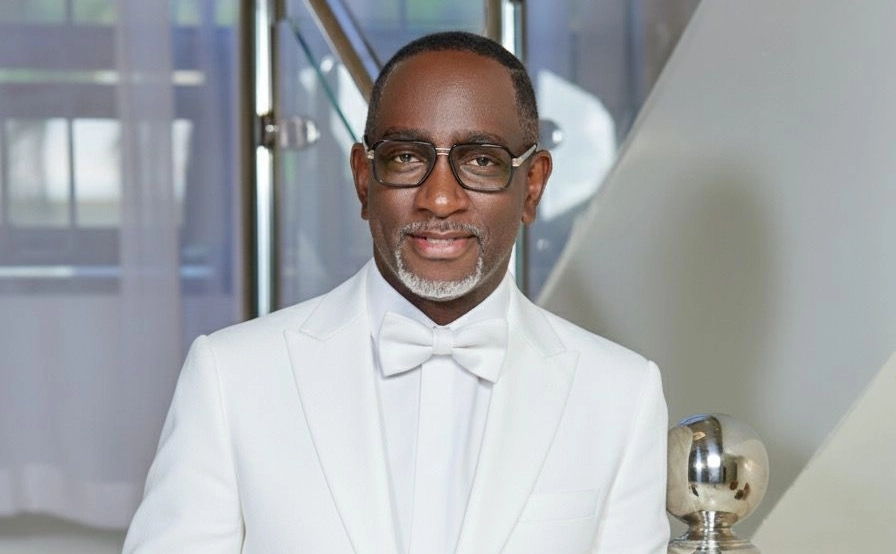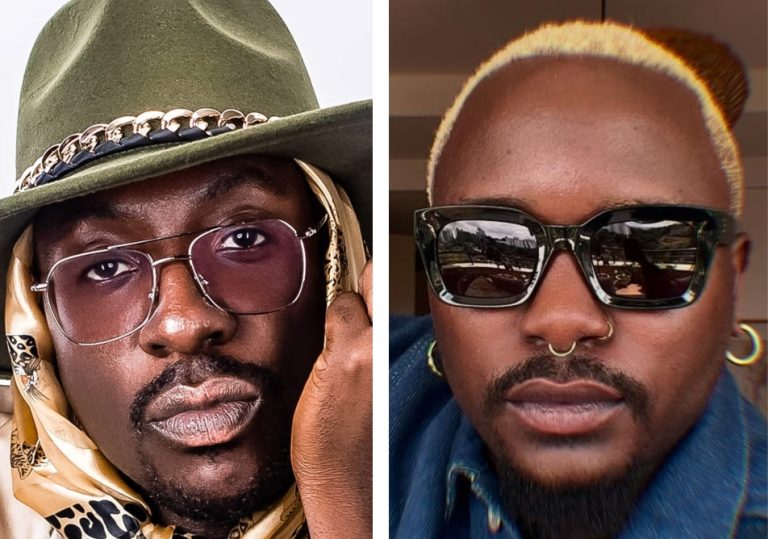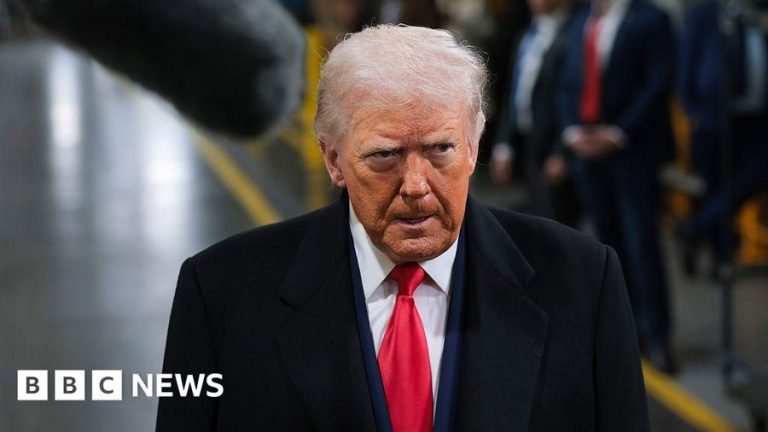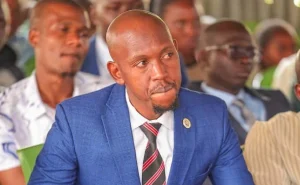Pastor Robert Burale has suffered a blow in his ongoing dispute with his ex-wife, Rozina Mwakideu and media personality Alex Mwakideu .
According to several sources like Citizen Digital, a Nairobi court declined to order the removal of a viral YouTube interview in which she described her marriage to him as a mistake.
Court Declines to Delete Video
However, in his ruling delivered on Tuesday, Chief Magistrate Thomas Nzyoki declined to grant Burale’s request to have the interview taken down.
The magistrate ruled that the court could not interfere with material already published before the full case is heard.
“The order does not affect what has already been published but will remain in force pending the hearing and determination of the case,” Magistrate Nzyoki stated.
While denying the takedown order, the court issued interim injunctions barring Rozina and Alex from making any further publications or comments related to the disputed video.
The ruling effectively allows the controversial video to remain accessible on YouTube, but stops any additional statements or reposts that could further escalate the matter.
How the Dispute Began
The controversy began in early October 2025 when Rozina appeared on her brother Alex Mwakideu’s YouTube channel, opening up about her short-lived marriage to the motivational speaker and preacher.

In the interview titled “My Biggest Mistake Was Marrying Robert Burale,” Rozina spoke candidly about her past relationship, alleging that the marriage had left her emotionally drained. Her remarks quickly gained traction online, with many viewers weighing in on social media.
The video, uploaded on October 4, quickly went viral—amassing over 815,000 views within weeks. As the clip circulated widely, Pastor Burale expressed his disapproval, terming the interview defamatory and damaging to his image as a public figure.
Burale Moves to Court
Following the viral video, Burale moved to the Milimani Commercial Courts, seeking legal redress against Rozina and Alex. In his application, he asked the court to compel them to pull down the interview and delete it from all online platforms.
Burale argued that the statements made in the video were false and malicious, intended to tarnish his reputation and cause emotional distress.
He further claimed that the continued availability of the video online was subjecting him to public ridicule and character assassination.
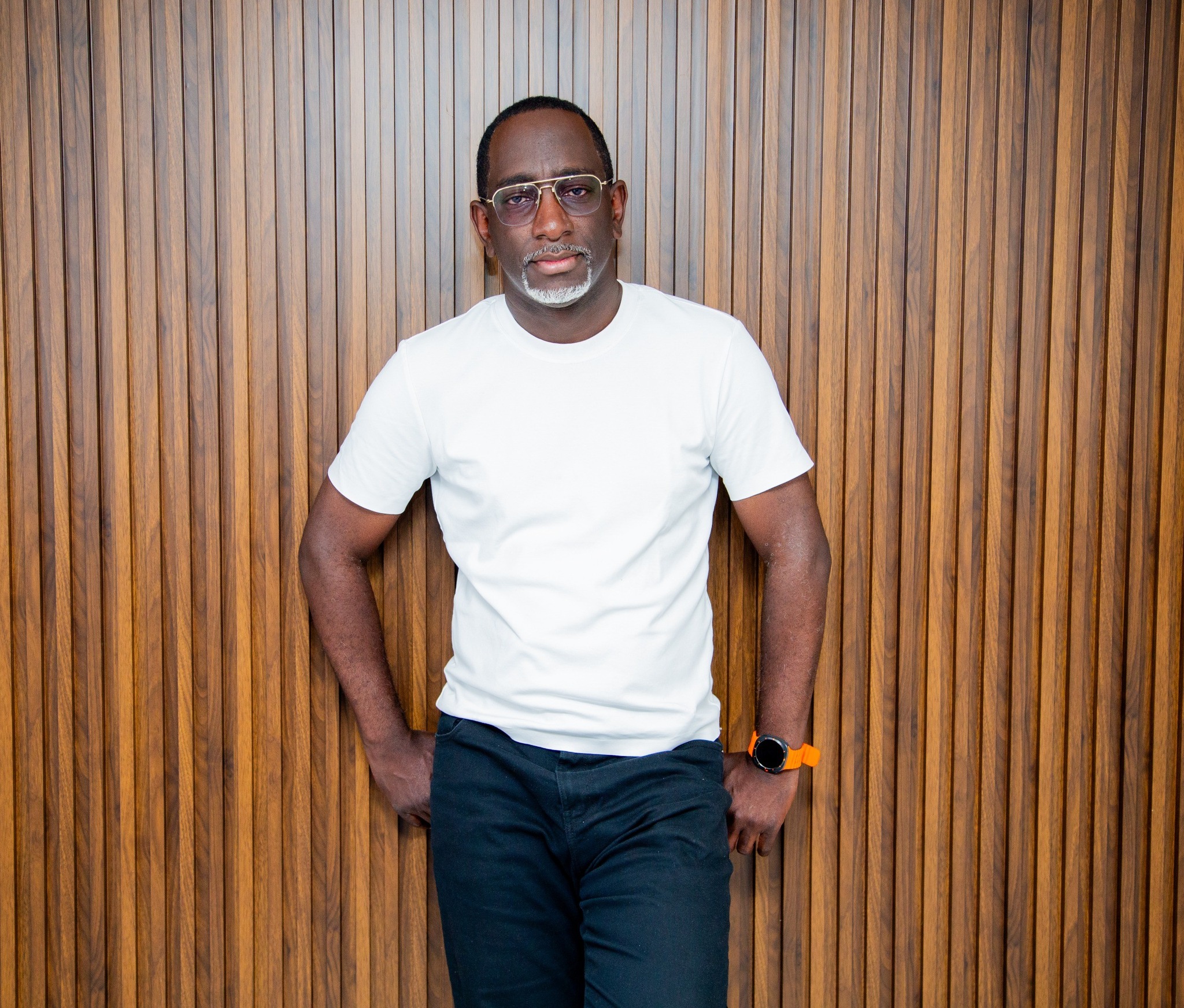
Broader Implications
The case has reignited discussions about digital defamation and privacy in Kenya’s fast-growing online media space.
As more celebrities and influencers share personal experiences on social platforms, questions continue to arise over where freedom of expression ends and defamation begins.
The case will proceed to a full hearing, where the court will determine whether Rozina’s remarks amounted to defamation or were simply an exercise of her right to free speech.
BY Judy mutinda





